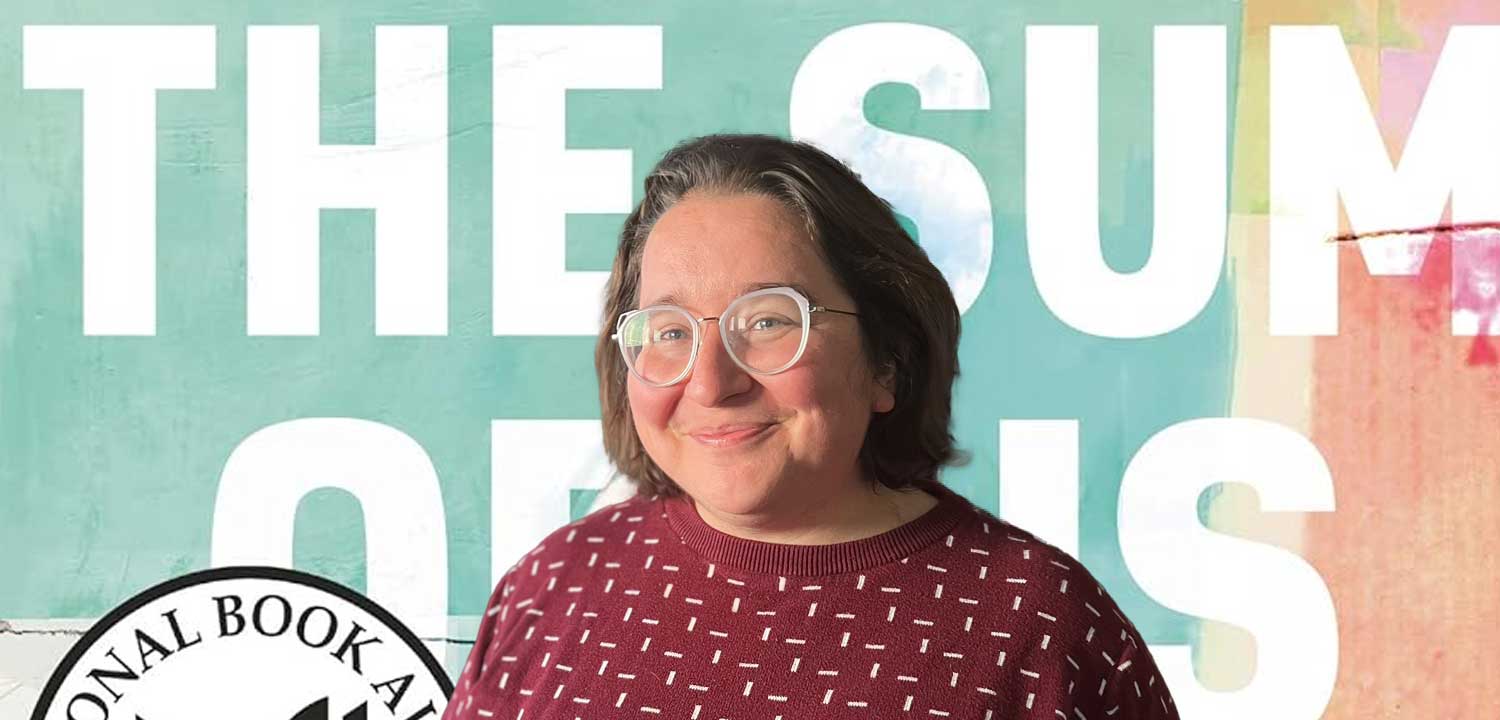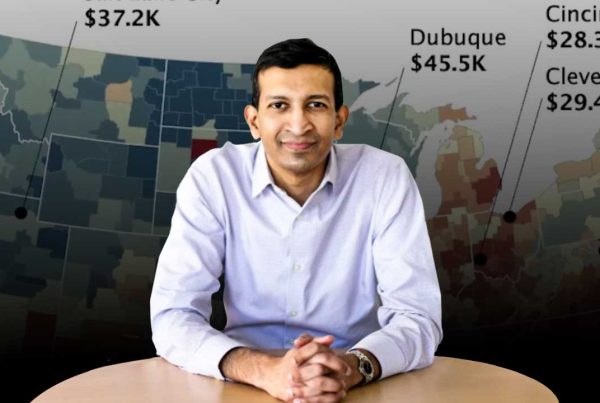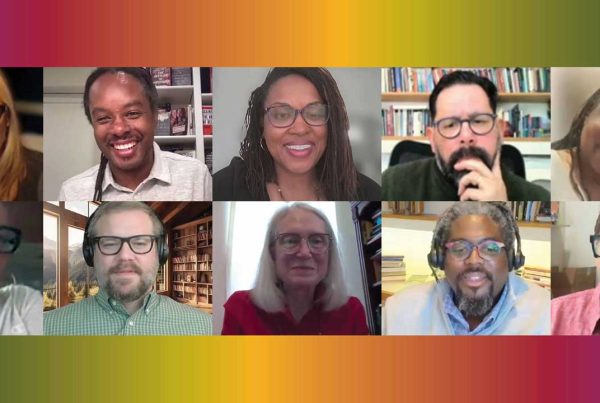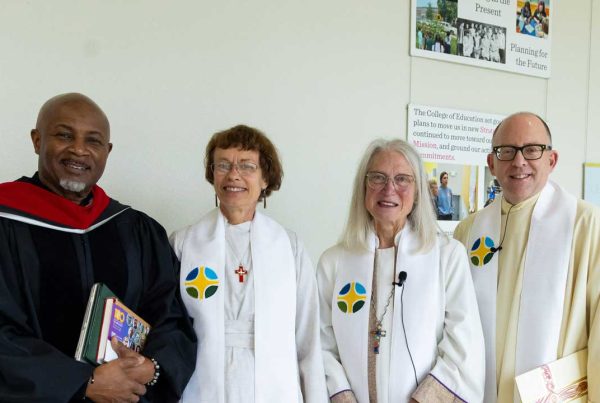The Sum of Us Book Discussion Guide
In preparation for the Sum of Us: Faith & Action Fall Event on October 3, the Faith & Action Project held two community book discussions on keynote speaker Heather McGhee’s book The Sum of Us: What Racism Costs Everyone and How We Can Prosper Together. Both discussions quickly sold out (one in person and one online via Zoom), and eager participants were led through group discussion by recent CTS graduate Rev. Grace Kozak. The book resonated deeply with those who attended the book discussions, sharing the ways it opened their eyes and asking questions of how we can take next steps to effect lasting change in our communities.
To facilitate discussion, Rev. Kozak developed a book discussion guide that can be useful for congregational and community conversations around the book. We encourage you to download and share this discussion guide as you engage in ongoing conversation, applying the book’s principles and the message of Heather McGhee in your lives.
The Sum of Us – Book Discussion Guide for Faith Communities
Developed by Rev. Grace Kozak
In 1969 the National Black Economic Development Conference issued the Black Manifesto, a demand for $500,000,000 in reparations from the predominately white church in America for their active and complicit roles in American slavery and Jim Crow. These funds, which today would be worth $4.2 billion, would have been used for, among other things, a southern land bank for poor Black farmers who had been evicted from their land, institutions of higher education for Black students, and a National Black Labor Strike Defense Fund to protect Black workers fighting for better conditions. These reparations were seen as a modest sum, and in many ways were a call to solidarity for the white church to be allied with Black people in their fight for greater reparations from the US government who owe a much greater debt.
This call for reparations was an opportunity for a tremendous show of unity and repentance across the many mainline protestant traditions to whom it was addressed, but most denominations, if they addressed the call for reparations at all, chose to create their own programs that partially addressed the demands of the manifesto through anti-poverty programming.
We encourage your group to discuss The Sum of Us through the lens of our faith witness to the issues outlined in the book: wealth inequality, lack of affordable housing, environmental injustice, labor injustice, voter disenfranchisement, school segregation, erosion of the idea of the public good, and police brutality. You might hold this discussion in tension with the reality that church is still a highly segregated area of American life, and the knowledge that the predominantly white church has been a beneficiary of the zero-sum thinking McGhee describes in her book as driving inequality.
Questions for discussion:
- In your own context, what are ways that you would like to bring what you’ve learned from The Sum of Us to your work? In other words, how will you share what you have learned with those you work with and those you lead?
- How do theological ideas such as grace, repentance, unity, and resurrection help build a culture of solidarity McGhee argues we need to make social change? In what ways might repentance and grace be held in tension with each other?
- Heather McGee makes the case that it is in the best interest of the very wealthy and powerful to keep poor and middle-class people divided by race to prevent them from uniting against the capitalist class. What stories of your faith might illustrate this kind of division?
- Where have you seen the solidarity dividend in action? Who might be your partners as you seek to build solidarity?
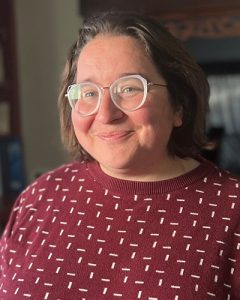 Rev. Grace Kozak is the State Organizer for Indiana with Bread for the World, a Christian advocacy organization working for the end of hunger in the United States and around the world. Previously, Grace has done organizing work for Clean Water Action, The American Cancer Society, and Central Christian Church. She is an ordained minister in the Christian Church (Disciples of Christ). Raised on a small family farm in Indiana, Grace is passionate about improving our food systems for both farmers and hungry.
Rev. Grace Kozak is the State Organizer for Indiana with Bread for the World, a Christian advocacy organization working for the end of hunger in the United States and around the world. Previously, Grace has done organizing work for Clean Water Action, The American Cancer Society, and Central Christian Church. She is an ordained minister in the Christian Church (Disciples of Christ). Raised on a small family farm in Indiana, Grace is passionate about improving our food systems for both farmers and hungry.

